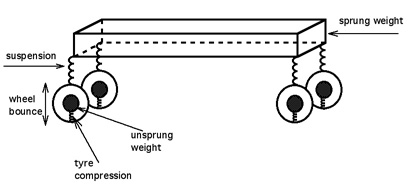kevman65
Hooked
I've narrowed down my choice of 37's for after the lift is done to 2 tires.
No I'm not going to name the brands, don't want that as part of the choice.
Yes, one is an E and the other a C. So there's the difference in weight.
These are AT's, going with the driving conditions I face for majority of driving.
No I'm not going to name the brands, don't want that as part of the choice.
Yes, one is an E and the other a C. So there's the difference in weight.
These are AT's, going with the driving conditions I face for majority of driving.


